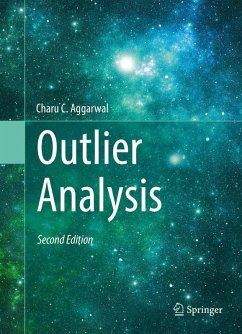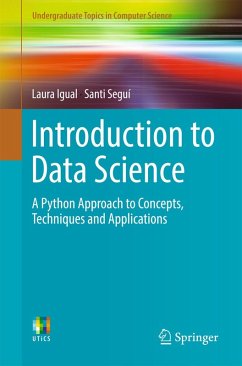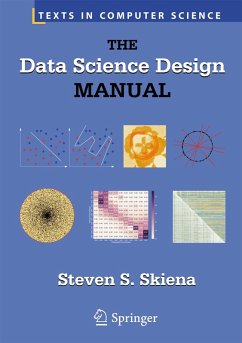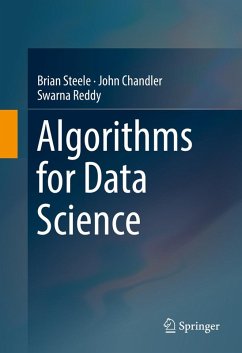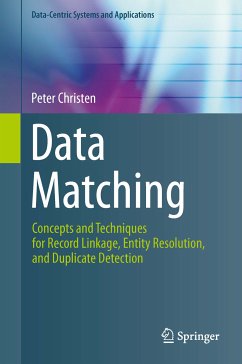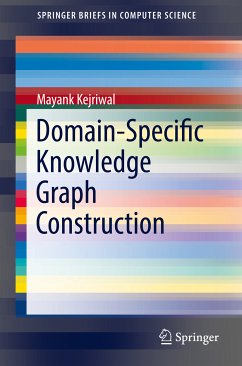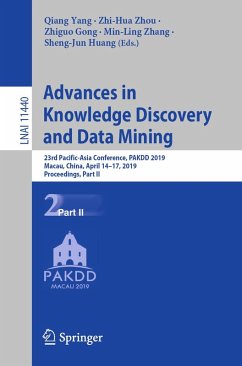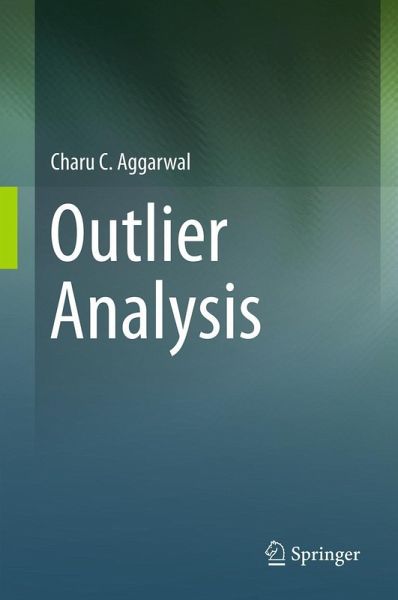
Outlier Analysis (eBook, PDF)
Versandkostenfrei!
Sofort per Download lieferbar
104,95 €
inkl. MwSt.
Weitere Ausgaben:

PAYBACK Punkte
52 °P sammeln!
With the increasing advances in hardware technology for data collection, and advances in software technology (databases) for data organization, computer scientists have increasingly participated in the latest advancements of the outlier analysis field. Computer scientists, specifically, approach this field based on their practical experiences in managing large amounts of data, and with far fewer assumptions- the data can be of any type, structured or unstructured, and may be extremely large. Outlier Analysis is a comprehensive exposition, as understood by data mining experts, statisticians and...
With the increasing advances in hardware technology for data collection, and advances in software technology (databases) for data organization, computer scientists have increasingly participated in the latest advancements of the outlier analysis field. Computer scientists, specifically, approach this field based on their practical experiences in managing large amounts of data, and with far fewer assumptions- the data can be of any type, structured or unstructured, and may be extremely large. Outlier Analysis is a comprehensive exposition, as understood by data mining experts, statisticians and computer scientists. The book has been organized carefully, and emphasis was placed on simplifying the content, so that students and practitioners can also benefit. Chapters will typically cover one of three areas: methods and techniques commonly used in outlier analysis, such as linear methods, proximity-based methods, subspace methods, and supervised methods; data domains, such as, text, categorical, mixed-attribute, time-series, streaming, discrete sequence, spatial and network data; and key applications of these methods as applied to diverse domains such as credit card fraud detection, intrusion detection, medical diagnosis, earth science, web log analytics, and social network analysis are covered.
Dieser Download kann aus rechtlichen Gründen nur mit Rechnungsadresse in A, B, BG, CY, CZ, D, DK, EW, E, FIN, F, GR, HR, H, IRL, I, LT, L, LR, M, NL, PL, P, R, S, SLO, SK ausgeliefert werden.




